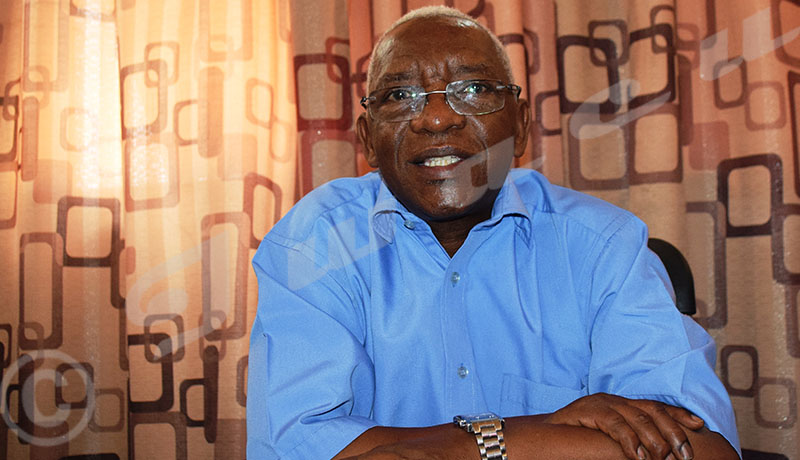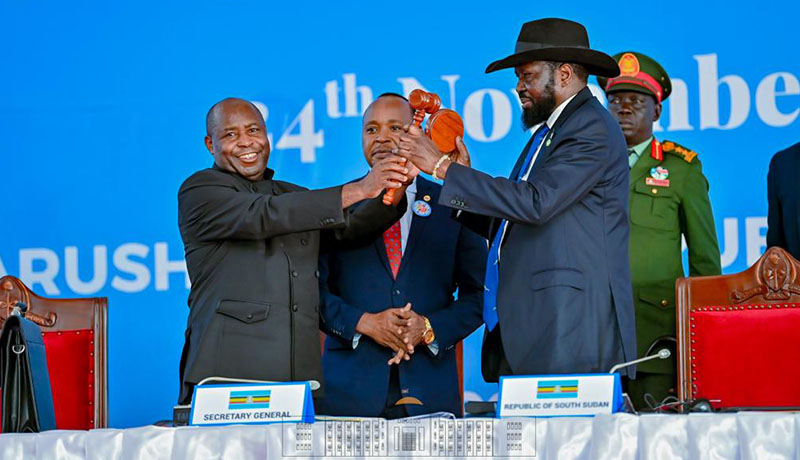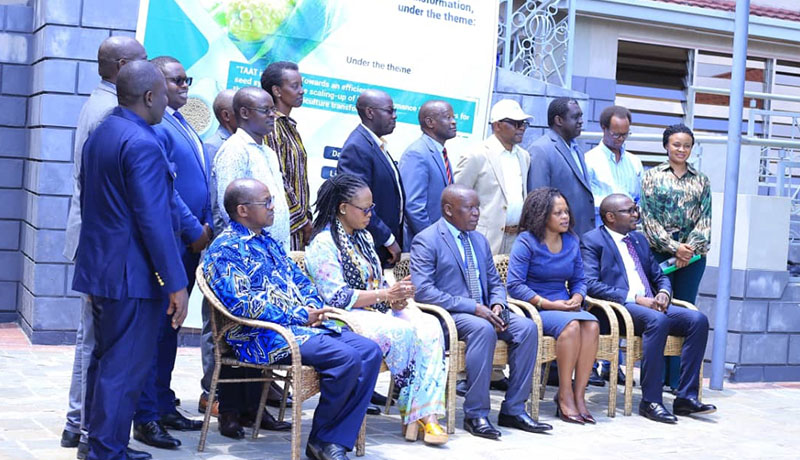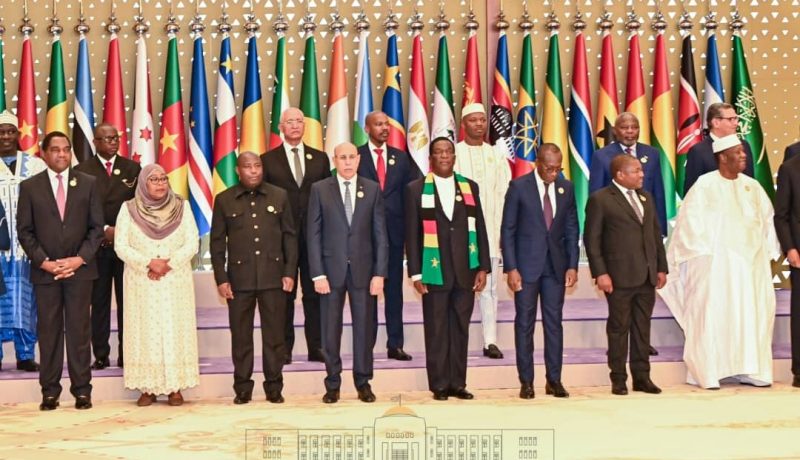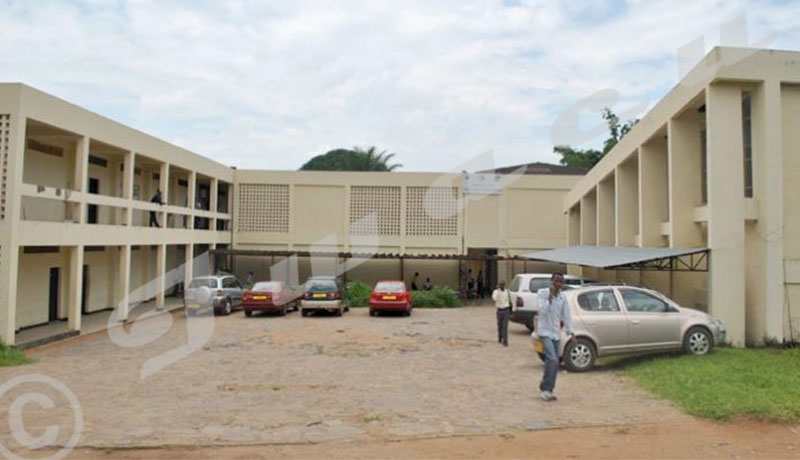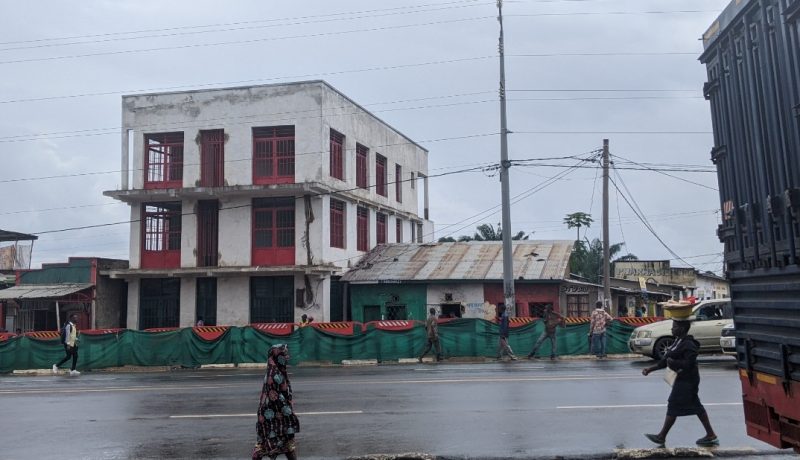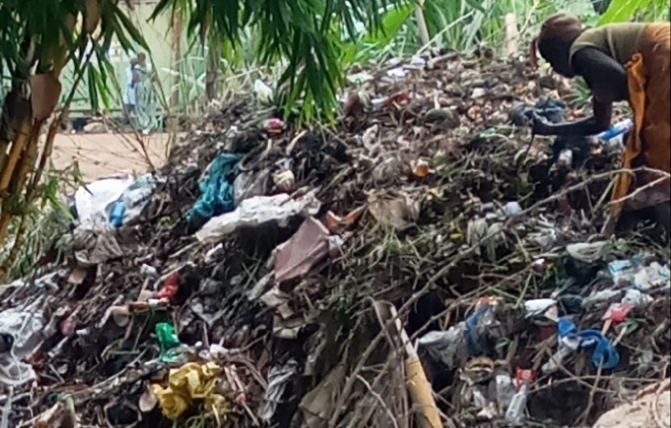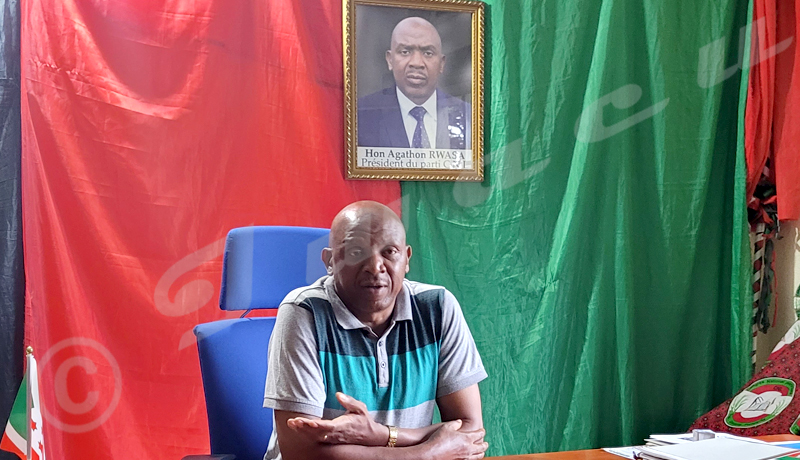The East African Common Market Protocol that came into force in 2012 provides for free flow of goods, labour, services and capital across the EAC bloc. To achieve this, EAC member states undertook to remove all tariff and non-tariff barriers to trade.
A case study of the EAC trade corridors report (2011) stated that bribery has remained as a non-tariff barrier to trade. Some recommendations are given to improve trade and facilitation services along the major EAC transport corridor.
To trace and measure the impact of bribery practices along the major transport arteries in the EAC region; to create public awareness and evidence about the bribery practices necessary to facilitate advocacy on requisite legal, policy and administration reforms were the main objectives of Transparency International with the support of Trademark East Africa; was conducted a survey on bribery incidences experienced along the EAC transports corridors between August and November 2011, as a part of effort to facilitate the elimination of NTBs.
This survey was conducted through a series of interviews covering respondents from the transport and trade sectors in all five EAC partner states. These includes: police officers, customs officials, clearing and forwarding agents (CFA), truck drivers and transports companies who are involved in trade transactions along the central and northern transit corridors.
The case study covered 1731 respondents or 82% of the target number; transporters (19), drivers (1185) CFAs (190), customs officers (98) and police officers (68). Kenya and Tanzania achieved 100% success rate, while Uganda achieved 86% success rate. Burundi and Rwanda responses on the other hand, were quite dismal, with Burundi achieving 24% and Rwanda 21% response rates respectively.
However, says Venant Bacinoni, deputy president of Burundian associations of consumers (ABUCO), based on the overall success rate estimated at 82%, the survey is considered successful, and its findings can therefore be used with confidence to demonstrate the bribery practices that take place along the major transport corridors in EAC, namely the Northern and the Central corridors.
The survey, mentions Deus Ngerageze who explains report findings, also establishes that regulatory authorities in Tanzania took places the highest amount of bribes paid at USD 12, 640, Kenya (USD 6,715), Uganda ((USD 3,672) Rwanda (USD 679) and Burundi (USD 293).
According to Fidela Sindihebura, in charge of economics questions in the Deputy Vice President’s office, this case study shows to what extent much every EAC partner state is engaged to fight bribery and meet challenges.
“As the EAC’s objective is to improve the people’s lives, to allow free flow of goods, services and persons is in our goal”, says Sindihebura
At this end, she adds, combining our strengths and working in synergy will contribute to raise endeavors to eliminate this non-tariff barrier.
“Multiples reasons to offer a bribery in the major transport corridors “
According to the report findings, 46% of the transporters cited the likelihood of unnecessary delays as one of the major reasons, followed by numerous documentations (20%), slow pace of services (14%), poor understanding of clearing procedures (9%) and high tax levels (8%).
In Anthe Vrijlandt’s view, the country director of Trademark East Africa (Burundi), even if bribery constitutes a big challenge in the regional transports, many transporters said they are not reporting about corruption incidences.
According to the report, at least half (52%) of the EAC transporters indicated that bribery was a normal and acceptable practice in the region, while (28%) stated that they knew no action would be taken against the wrongdoers.
In addition, 21% said reported such incidents would be self-incriminating, while 20% did not see the need to report them. Moreover, adds the report, all Ugandan, Rwandan and, Burundian transporters sampled never reported bribery incidences. In Kenya (83%) and 93% in Tanzania indicated that they didn’t report bribery. Almost all 99% of Uganda, Tanzania 92%, Kenya 89%, Burundi 87% and Rwanda 83% drivers did not report such incidences. Only 29% of all drivers indicated they reported bribery to the management authorities where such incidents took place, 27% reported to the police while 7% reported to the regulator’s oversight office. At least, 24% of the drivers reported such incidents to the employers. Only 11% of the drivers reported the incidents to anti-corruption authorities.
Commenting on the case study, Burundian country director of TMEA goes on saying: “the results will serve us as a tool of advocacy in reducing the cost related to transport in the EAC economic corridors”.
In addition, Anthe Vrijlandt suggests to Burundi Revenue Authority (OBR) to improve communication. “Not only, OBR must clarify all the information on the acquired documents and on the tariffs; but transporters, especially truck drivers must report all incidents related to bribery,” says Vrijlandt.
Vrijlandt’s views are shared by Deo Ntakarutimana, Burundian transporters representative. According to him, bribes are given by ignorant people, transporters don’t know exactly neither how much to pay as tax nor the procedure to follow. On the other hand, continues Ntakarutimana, they offer the bribery.
_________________________
Some recommendations to improve trade facilitation services along the major EAC corridors
– The EAC bloc should harmonize such practices like custom codes, valuation standards and import clearance. Harmonization will significantly reduce delays occasioned by import and export standards not allowable in member states;
– Partner states need to strengthen advocacy capacity of their business associations that deal with transport and CFA issues;
– To facilitate speedy harmonization of weighbridge regulations specification amongst EAC countries;
– Reductions in the number of weighbridges to two along major transport corridors particularly for transit goods;
– Employ more staff;
– Provision of staff housing;
– Computerizing services;
– Collaboration in harmonization of transports;
– Partner state should implement the Single Window System, aimed at facilitating electronic submission of import/export transaction document;
– Partner states need to move faster in implementing previous political directives to reduce the number of police checkpoints along major transport corridors in the region.
